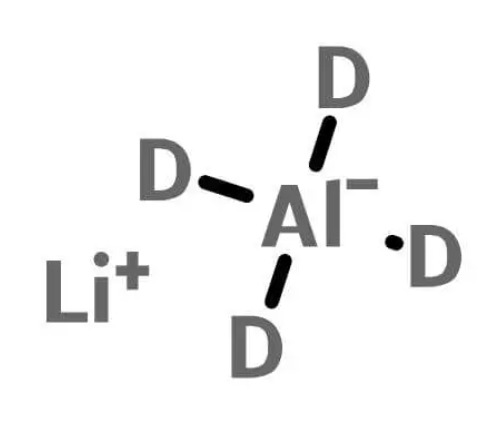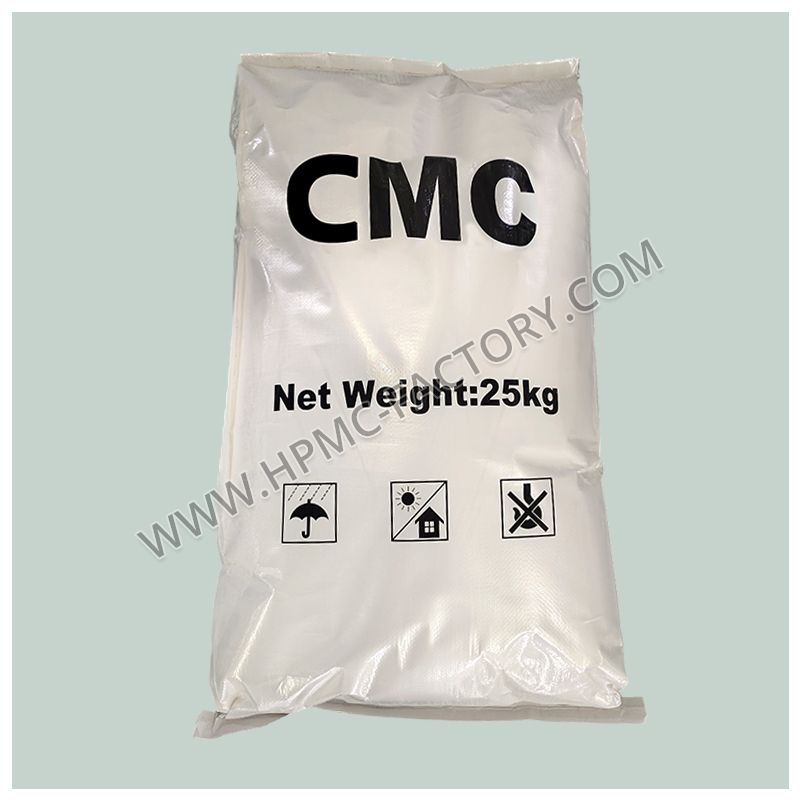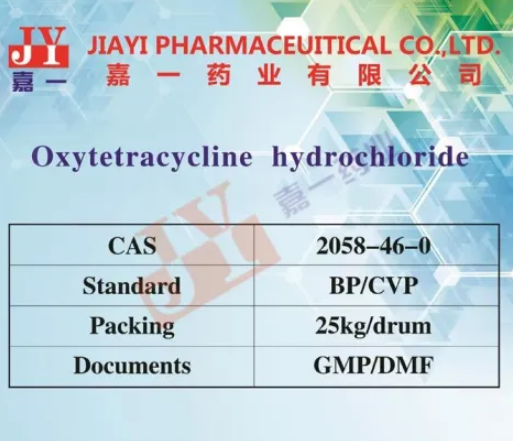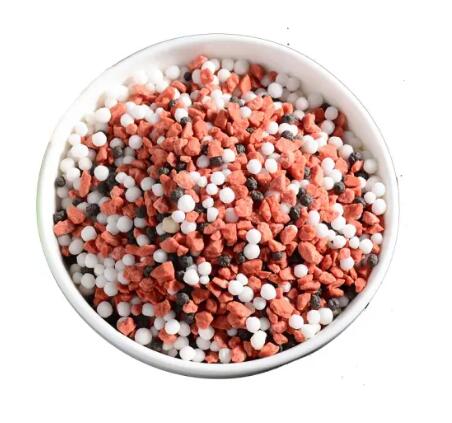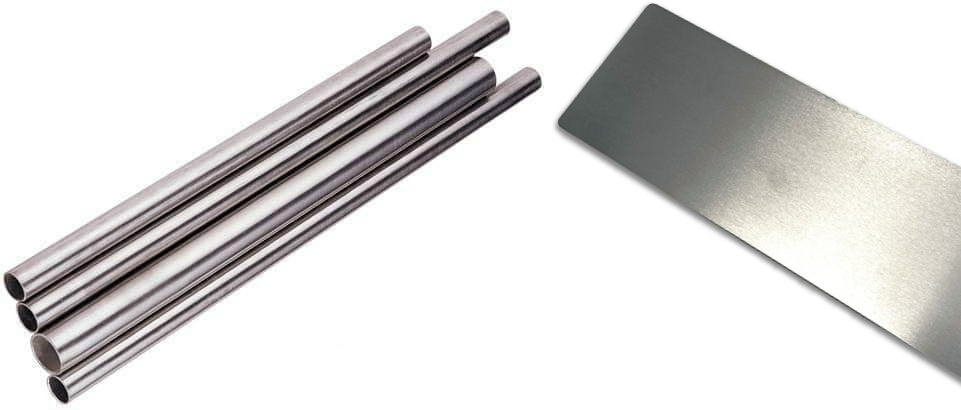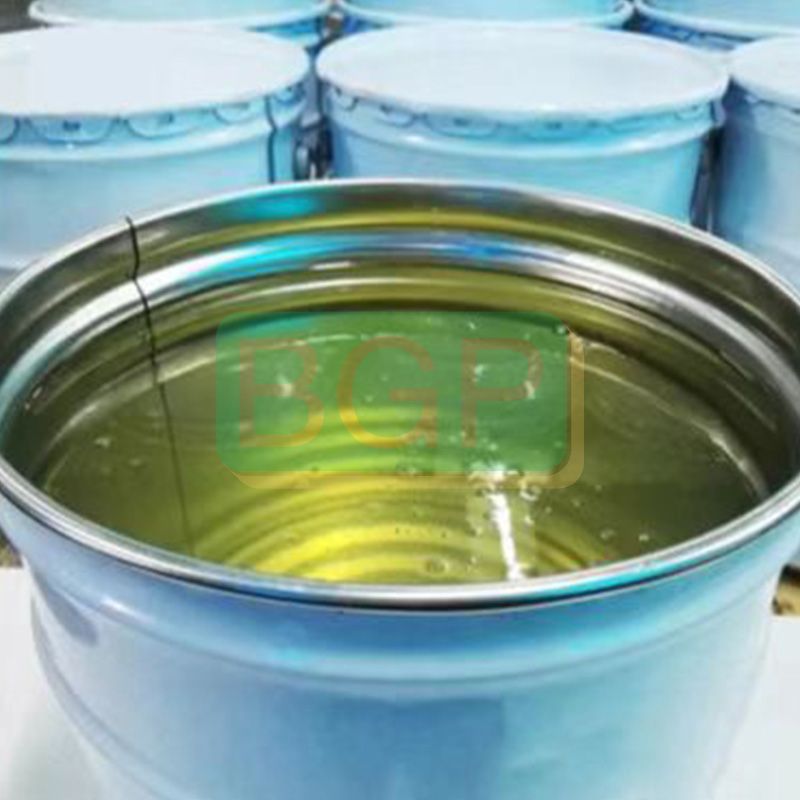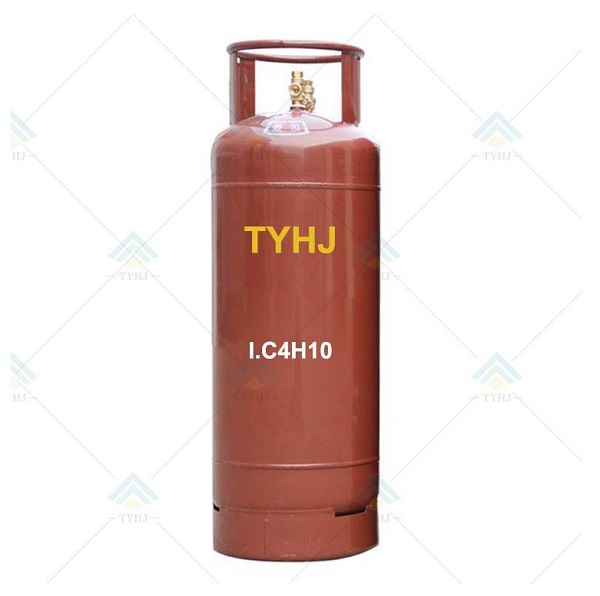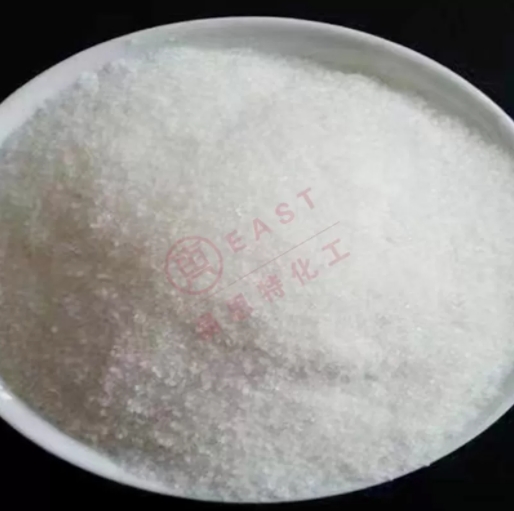What is the use of carboxymethyl cellulose?
Carboxymethyl cellulose (CMC) is a versatile chemical compound derived from cellulose. It is widely used in various industries due to its unique properties and functionalities. Here is an in-depth exploration of the uses and applications of carboxymethyl cellulose:
Food Industry:
Carboxymethyl cellulose plays a crucial role in the food industry, where it serves as a multi-functional ingredient:
Thickening and Stabilizing Agent: CMC is used to enhance the texture and viscosity of food products. It provides a smooth and consistent mouthfeel, improves suspension, and prevents ingredient separation in products like sauces, dressings, ice creams, and bakery fillings.
Emulsion Stabilizer: CMC helps stabilize emulsions by preventing the separation of oil and water phases. It is used in salad dressings, mayonnaise, and other emulsion-based products.
Pharmaceutical Industry:
CMC finds extensive applications in the pharmaceutical sector:
Tablet Binder: CMC acts as a binder in tablet formulations, ensuring the cohesion and integrity of the tablets during manufacturing and handling.
Suspension Agent: CMC is used to suspend solid particles in liquid medications, preventing sedimentation and ensuring uniform distribution of the active ingredients.

Personal Care and Cosmetics:
In the personal care and cosmetics industry, carboxymethyl cellulose offers several benefits:
Thickener and Stabilizer: CMC is employed to provide viscosity and stability in personal care products such as lotions, creams, shampoos, and toothpaste.
Film Former: CMC can form a thin film on the skin or hair, providing moisturization, conditioning effects, and a protective barrier.
Paper and Packaging Industry:
CMC plays a significant role in the paper and packaging industry:
Paper Coating: CMC is used as a coating agent in paper manufacturing to improve surface smoothness, brightness, printability, and ink receptivity.
Adhesive and Binding Agent: CMC acts as an adhesive in the production of paperboard and corrugated cardboard, enhancing the bonding strength of the fibers.
Textile Industry:
In the textile industry, carboxymethyl cellulose finds applications in:
Sizing Agent: CMC is employed as a sizing agent to enhance the strength and handle of yarns and fabrics during weaving.
See also:What is Hydroxypropyl Methylcellulose Used For?
What is zirconium phosphate used for?
Exploring Diverse Processes for Producing Hydrogen Peroxide
Top Picks: Best Dimethyl Urea Nail Hardeners
What are the different types of exterior insulation finishing systems?
Is HPMC Safe for Use in Tile Adhesive?
What is 1 amino 2-naphthol 4 sulfonic acid used for?
Print Paste Thickener: CMC is used as a thickening agent in textile printing, allowing better control of dye and pigment application.
Oil and Gas Industry:
CMC is utilized in the oil and gas industry, specifically in drilling and hydraulic fracturing operations:
Drilling Fluid Additive: CMC is added to drilling fluids to control viscosity, provide fluid stability, and minimize fluid loss during drilling operations.
Fracturing Fluid Additive: CMC is used in hydraulic fracturing fluids to improve viscosity, reduce fluid leak-off, and enhance proppant transport.
Detergent Industry:
In the detergent industry, carboxymethyl cellulose serves as an anti-redeposition agent:
Anti-Redeposition Agent: CMC prevents soil and dirt from reattaching to fabrics during the washing process, improving the effectiveness of laundry detergents.
Ceramic and Tile Industry:
CMC finds applications in the ceramic and tile industry:
Binder and Thickener: CMC is used as a binder to enhance the strength and cohesion of ceramic materials and tile adhesives.
Suspension Agent: CMC acts as a suspension agent in ceramic slurries, preventing the settling of solid particles and ensuring uniform coating.
Other Industries:
Carboxymethyl cellulose has diverse applications in numerous other industries:
Construction: CMC is used as a viscosity modifier in cement-based formulations and as a water retention agent in mortar and plaster.
Paint Formulation: CMC serves as a thickener and stabilizer in water-based paints, improving the paint's consistency and flow.
Mining: CMC is employed in mineral processing as a depressant to inhibit the flotation of certain minerals.
Water Treatment: CMC is used as a flocculant and coagulant aid in water treatment processes to remove impurities and clarify water.
The versatility of Carboxymethyl cellulose (CMC) is a result of its unique properties, including water solubility, thickening ability, film-forming capability, and stabilizing effects. Its applications span multiple industries, showcasing its value as a functional additive.
See also:What is alpha keto leucine calcium salt used for?
Sulfamic Acid: What it is, Uses, Safety, and Benefits Explained
Breakthrough Benefits of PQQ: A Game-changer?
Is HPMC natural or synthetic?
What are the different types of pigment powders available?
HPMC for Gypsum
Daily Chemical Detergent Grade HPMC Cellulose: Enhancing Cleaning Efficiency and Sustainability


